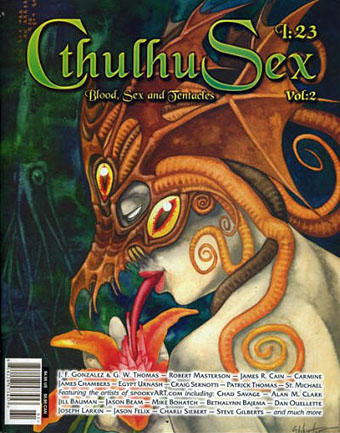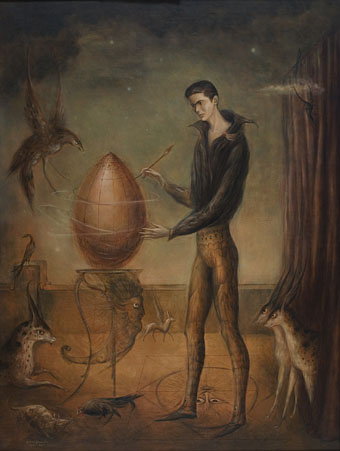Black Lake (1904) by Jan Preisler.
• Upcoming releases on the Ghost Box label will include a new album by {feuilleton} faves Pye Corner Audio, plus the surprising appearance of figures from Bruegel on a Ghost Box cover design.
• Tilda Swinton and Olivier Saillard pay tribute to the films of Pier Paolo Pasolini. (Or to Pasolini’s costume designer, Danilo Donati.)
• New music: Spectral Corridor by The House In The Woods, and Re:Moving (Music for Choreographies by Yin Yue) by Machinefabriek.
• At Spoon & Tamago, Technopolis gets all the good things: “Giant kitty now greets commuters at Shinjuku Station.”
• Anil Ananthaswamy on the ways in which psychedelics open a new window on the mechanisms of perception.
• Mixes of the week: Isolated Mix 112 by Suna, and GGHQ Mix #56, “An Unfortunate Kink”, by Abigail Ward.
• In this week’s impossible task, Alexis Petridis attempts to rank The Velvet Underground’s greatest songs.
• DJ Food unearths more flyers for London’s Middle Earth club, plus covers for the East Village Other.
• Global signals: Aki Onda on Holger Czukay and radio’s power to connect.
• At The Paris Review: Paintings and collages by Eileen Agar (1899–1991).
• Will Sergeant’s favourite albums.
• The Babel Tower Notice Board
• Shaking Down The Tower Of Babel (1983) by Richard H. Kirk | Pärt: An Den Wassern Zu Babel (1991) by Estonian Philharmonic Chamber Choir conducted by Paul Hillier | The Black Meat (Deconstruction Of The Babel-Tower of Reason) (1994) by Automaton





